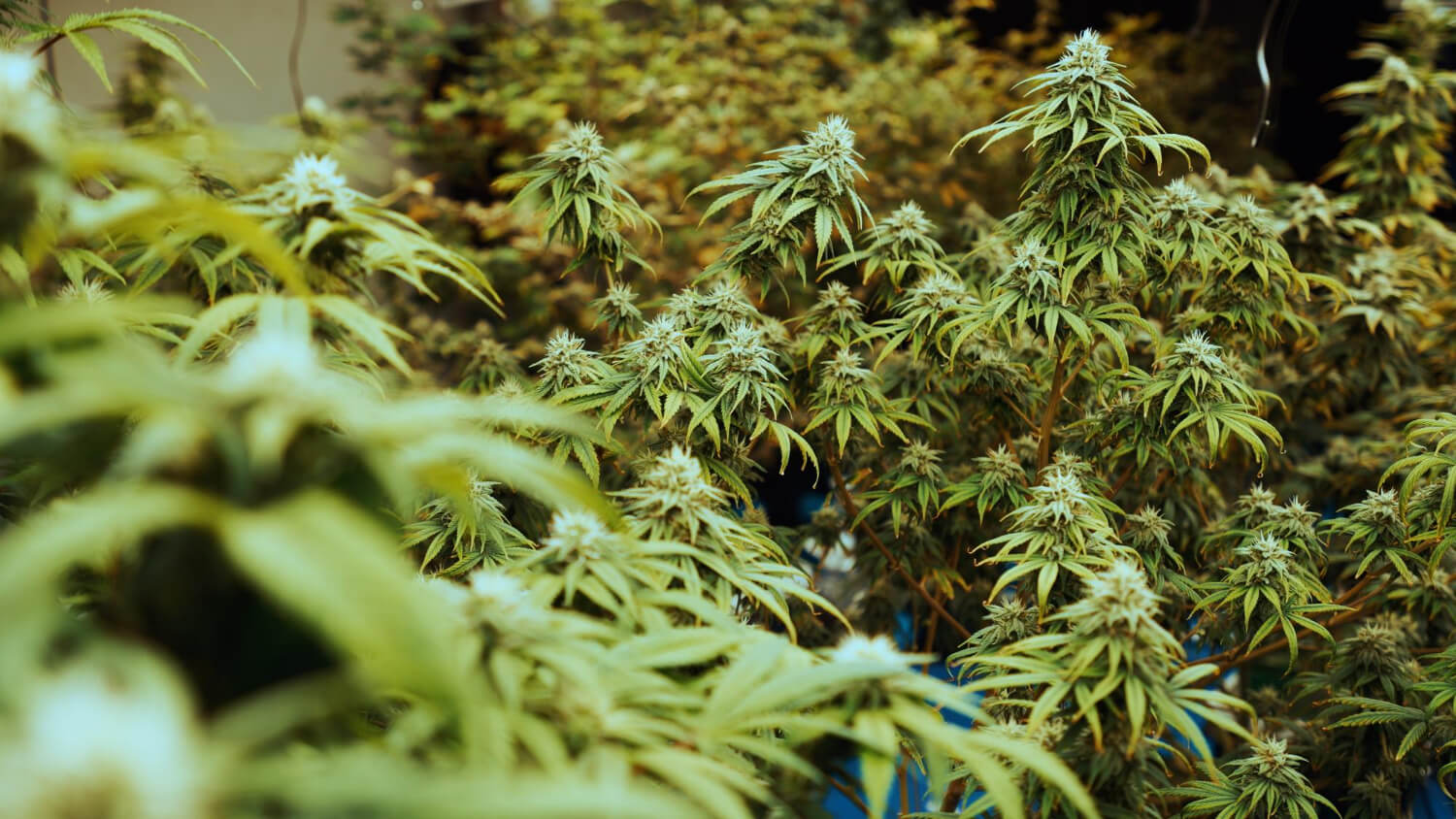The ongoing policy debate on cannabis legalization has led to differences in regulatory measures across various U.S. states. While some states focus on consumer education and daily purchase limits, others impose maximum THC caps and taxes based on product potency. One notable example is Vermont, where government officials, stakeholders, and the public have recently engaged in heated discussions regarding a proposed 60% THC cap on cannabis concentrates.
A Controversial Practice: Limiting the Power of Concentrates
Proponents of the THC potency cap argue that it protects public health by reducing exposure to concentrated forms of cannabis. The Substance Misuse Prevention Oversight and Advisory Council (SMPC), which supports this proposal, contends that high-potency products often lead to accidental ingestion by children, resulting in increased hospital visits. This regulatory body also points out a perceived increase in cannabis use among young adults over time. However, opponents argue that limiting THC content in cannabis products may not be the most effective or fair approach to addressing these concerns.
Vermont’s Ongoing Debate: A Look at Arguments From Both Sides
In Vermont, regulators assert that removing the THC potency cap would align their state’s policies with those of other states, such as Washington and Colorado, that govern recreational and medical cannabis use through different frameworks. These jurisdictions emphasize consumer education and daily purchase limits instead of imposing restrictions on the strength of cannabis products.
Cannabis Regulators: Emphasizing Consumer Education and Daily Purchase Limits
Those who oppose the imposition of a THC cap in Vermont contend that it would stifle growth and innovation within the state’s burgeoning cannabis industry. They argue that other states have successfully implemented alternative measures like consumer awareness campaigns, age-restriction policies, and daily purchase limits to regulate cannabis products effectively. By adopting similar practices, Vermont could increase legal sales while minimizing public health risks associated with high-potency marijuana consumption without imposing an arbitrary potency cap.
The Defense of Potency Caps: SMPC Weighs In on Public Health Implications
Despite the arguments against the proposed 60% THC cap, the SMPC has cited several reasons to defend these limitations. Most notably, they stress the potential hazards that come with the increased availability of high-THC products, particularly regarding accidental ingestion by children. The SMPC also refers to recent surveys conducted between 2017-2018 and 2020-2022, indicating a rise in cannabis usage among young adults, specifically Vermonters aged 18-25. With these findings in mind, they advocate for stricter controls on cannabis product potency as a means of reducing risk and protecting public health.
Evaluating Survey Data: Are There Limitations to Reliance on Numbers?
While survey data can provide valuable insights into trends and attitudes, critics note that certain factors may lead to inaccuracies or inconsistencies in survey results related to cannabis use. For instance, the methodology and criteria used to gather information in various surveys may differ significantly, affecting respondents’ answers and how accurately these results reflect reality.
Understanding the Context: Legal Status and Other Potential Influences on Survey Results
Beyond potential disparities in survey methodologies, other considerations may affect respondent behavior and skew outcomes. One such factor is the fluctuating legality of cannabis across different jurisdictions in recent years. As the legal status of marijuana changes, respondents’ perceptions and willingness to discuss their cannabis use may evolve accordingly. Therefore, using survey data in isolation to support decisions related to regulatory measures introduces numerous potential pitfalls.
Seeking a Balanced Approach: Exploring Alternatives Within Cannabis Regulation
As the debate surrounding potency caps and other regulatory measures continues, it is crucial to examine alternative means of protecting public health without unnecessarily hindering industry growth or innovation. By considering multiple factors and frameworks, policymakers can strive for an informed, balanced approach that addresses key concerns while preserving opportunities within the evolving landscape of legal cannabis production and consumption.
The Path Forward: Lessons From Other States and Comprehensive Strategies
Moving forward, Vermont and other states facing similar debates can benefit from analyzing other jurisdictions’ experiences with cannabis regulation. For example, studying the impact of consumer education campaigns, age-verifications, and restrictions on daily purchase quantities could provide insights into how best to balance growth and safety concerns. Ultimately, as the legalization status of cannabis evolves, so too should policy approaches, methodologies, and conversations about safeguarding public health interests alongside economic and societal considerations.





